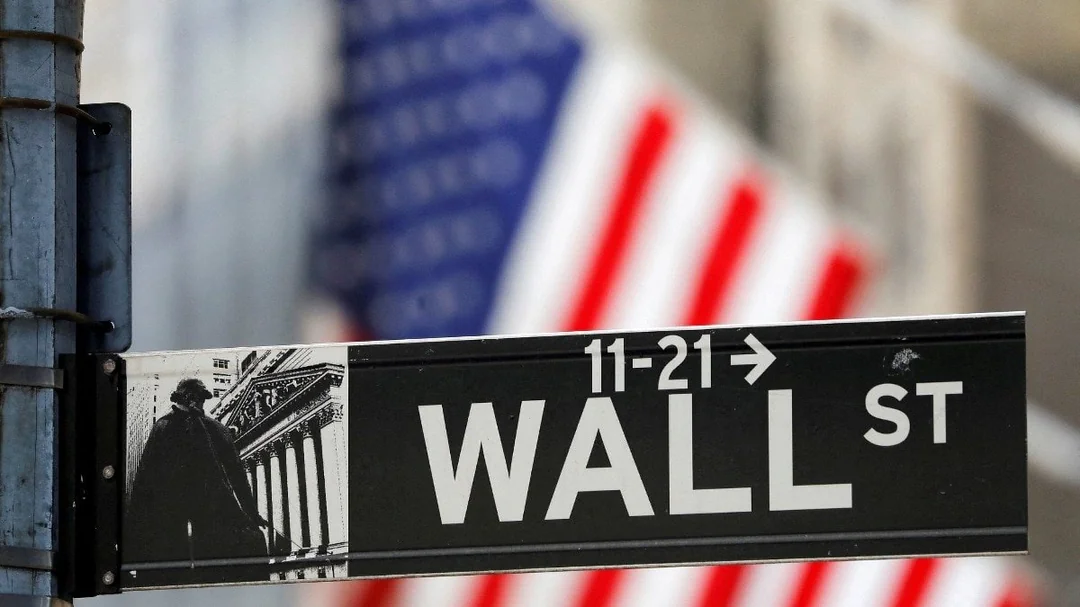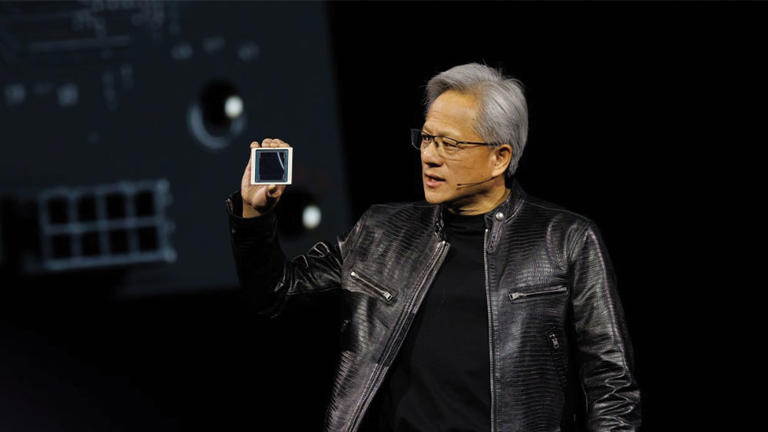The tech industry’s fervent embrace of artificial intelligence has hit a sobering reality check as Wall Street analysts scrutinize the lack of tangible returns on massive AI investments.
Over the past two weeks, earnings calls have been dominated by pointed questions about when AI will start generating significant revenue, revealing growing impatience among investors.
Since ChatGPT ignited an AI arms race 18 months ago, tech behemoths have poured billions into AI infrastructure, promising revolutionary changes across industries.
However, the current offerings – chatbots with unclear monetization strategies, AI-assisted coding, and occasionally unreliable AI search functions – have left many underwhelmed.
This disconnect between lofty promises and modest results is starting to rattle investors. Amazon’s stock tumbled nearly 9% following earnings that highlighted substantial AI spending without commensurate returns.
Intel faced an even steeper 25% drop after announcing cost-cutting measures and layoffs in the wake of its AI pivot.
Morgan Stanley analyst Keith Weiss encapsulated the prevailing sentiment, noting an “industry debate raging around the capital expenditure requirements around generative AI and whether the monetization is actually going to match with that.” This concern was echoed across earnings calls, with analysts pressing tech leaders for concrete timelines on AI profitability.
Despite these pressures, major players like Google, Microsoft, and Meta are doubling down on AI investments. Meta raised its capital expenditure guidance to between 37 and 40 billion for the year, while Microsoft projected even higher spending for fiscal 2025. Google expects to maintain quarterly capital expenditures of at least $12 billion throughout the year.
Tech executives are asking for patience, with Microsoft CFO Amy Hood suggesting that data center investments will support AI monetization “over the next 15 years and beyond.” Meta’s CFO Susan Li similarly emphasized that generative AI returns are expected “over a longer period of time.”
This long-term outlook is at odds with the expectations of many public market investors accustomed to more immediate returns. D.A. Davidson analyst Gil Luria highlighted this tension, stating, “For public companies, we expect to get return on investment in much shorter time frames.”
Some skeptics, like Goldman Sachs analyst Jim Covello, question whether AI investments will ever justify their costs, arguing that the technology may not be suited to solve sufficiently complex problems.
For now, tech leaders maintain that the risk of underinvesting in AI far outweighs the risk of overinvesting. They’re betting on the long-term potential of AI and leveraging their profitable core businesses to fund these investments.
However, industry observers like Luria predict that investor pressure will eventually force a pullback in AI spending, possibly as soon as later this year or early next.
As the AI bubble faces its first real test, the tech industry finds itself at a crossroads. The coming months will likely determine whether the massive AI investments will start yielding returns or if the industry will need to recalibrate its approach to satisfy increasingly skeptical investors.





